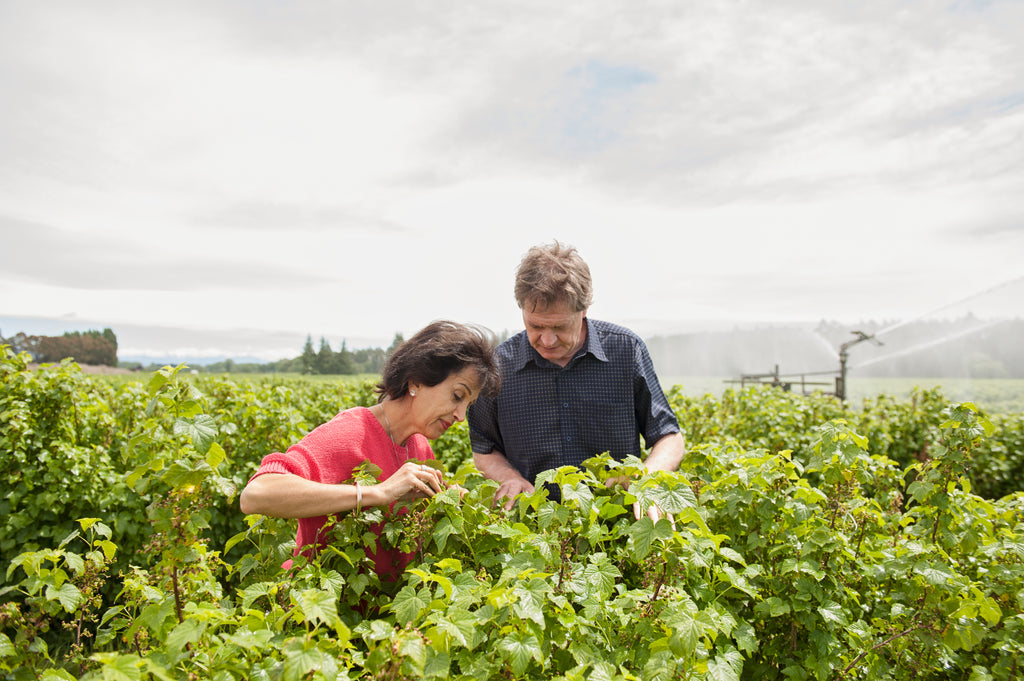
— Growers Tony & Afsaneh Howey Looking Over The ViBERi Organic Orchard —
We went organic because our orchard, bodies and minds were exhausted from the desperate drive in conventional farming for lower costs, for more profit for big business.
Launching ViBERi and going certified organic wasn't easy, and there was a learning curve, but in the end it's about more than just ticking boxes; it’s a commitment to principles of respect: respect for our customers, for our team and for the natural world we work with everyday.
And remarkably, recent research has highlighted real differences in the nutritional content of berries grown with organic or pesticide-free cultivation methods.
As an organic farm, we don't use chemical pesticides, weed controls or fertilisers. Instead, we grow plants in their ideal natural conditions and rely on sustainable cycles of decomposing organic matter — for example from cut grass or sheep, our winter 'mowers'.
While mineral levels can be lower on organic farms, especially for common fertiliser elements like nitrogen, which helps explain the lower yields we get, the diversity and balance of minerals helps to support generally higher levels of soil microorganism life and produces organic fruits that are well known to have a more intense taste (Lori et al. 2017).

— A mower between the rows at the ViBERi orchard —
Specifically regarding blackcurrant cultivation, researchers in three European countries have conducted separate trials to test differences across conventionally and organically grown blackcurrants.
Interestingly, while in many cases they expected to see higher phenolic content — i.e. polyphenols, especially anthocyanins, whose health benefits have been much touted — only one study found significant differences between conventional and organic cultivation for these anthocyanin levels, which were higher for organically grown (Aneta et al. 2013). Phenolic content in these different studies had more to do with cultivar selection and farm-specific factors.
Where researchers did find a difference between conventional and organic cultivation management, however, was in ascorbic acid or Vitamin C levels, where a significant difference was observed across different cultivars (Kahu et. al 2009). Blackcurrants grown without pesticide treatment contain significantly higher levels of Vitamin C than blackcurrants grown with pesticide treatment, even as the yield of the crop falls (Khoo et al. 2012). Further, using the harvested blackcurrants for juice, these researchers in Denmark found that the pesticide-free blackcurrants exhibited a stronger inhibitory effect on cancer cells in a lab setting.
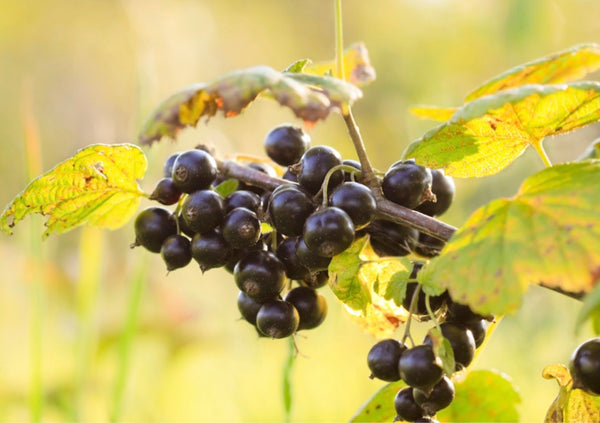
Differences between conventional and organic blackcurrants cultivation have not been studied in a New Zealand context. We'd love to know more, since researchers in NZ and abroad have made initial suggestions that our blackcurrants could have higher anthocyanins levels — and of course we experience different soil, sun and climactic conditions (Schrage et al. 2010).
Researchers might not yet have full insight into the specifics of growing blackcurrants and how these cultivation practices differ, but, at the very least, there are some indications that the fruits picked from an organic orchard might be considered the fewer, yet more intense products of a thriving and sustainable ecosystem below the soil.
If you’re not yet convinced to switch to organic, independent growers for environmental or social reasons, we hope you’ll give some of our products a taste and discover for yourself the intense colour, flavour and feeling of our ViBERi 100% organic and NZ-grown blackcurrant berries!
Cited Papers:

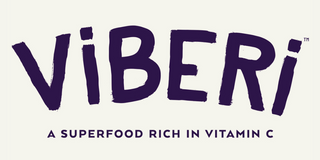
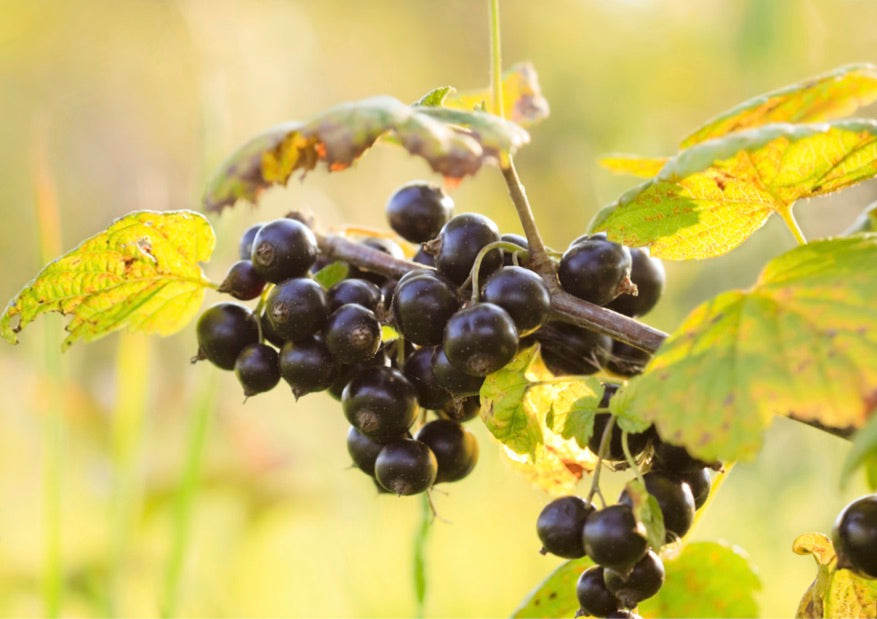
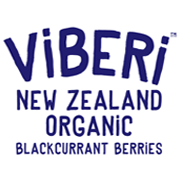
Leave a comment